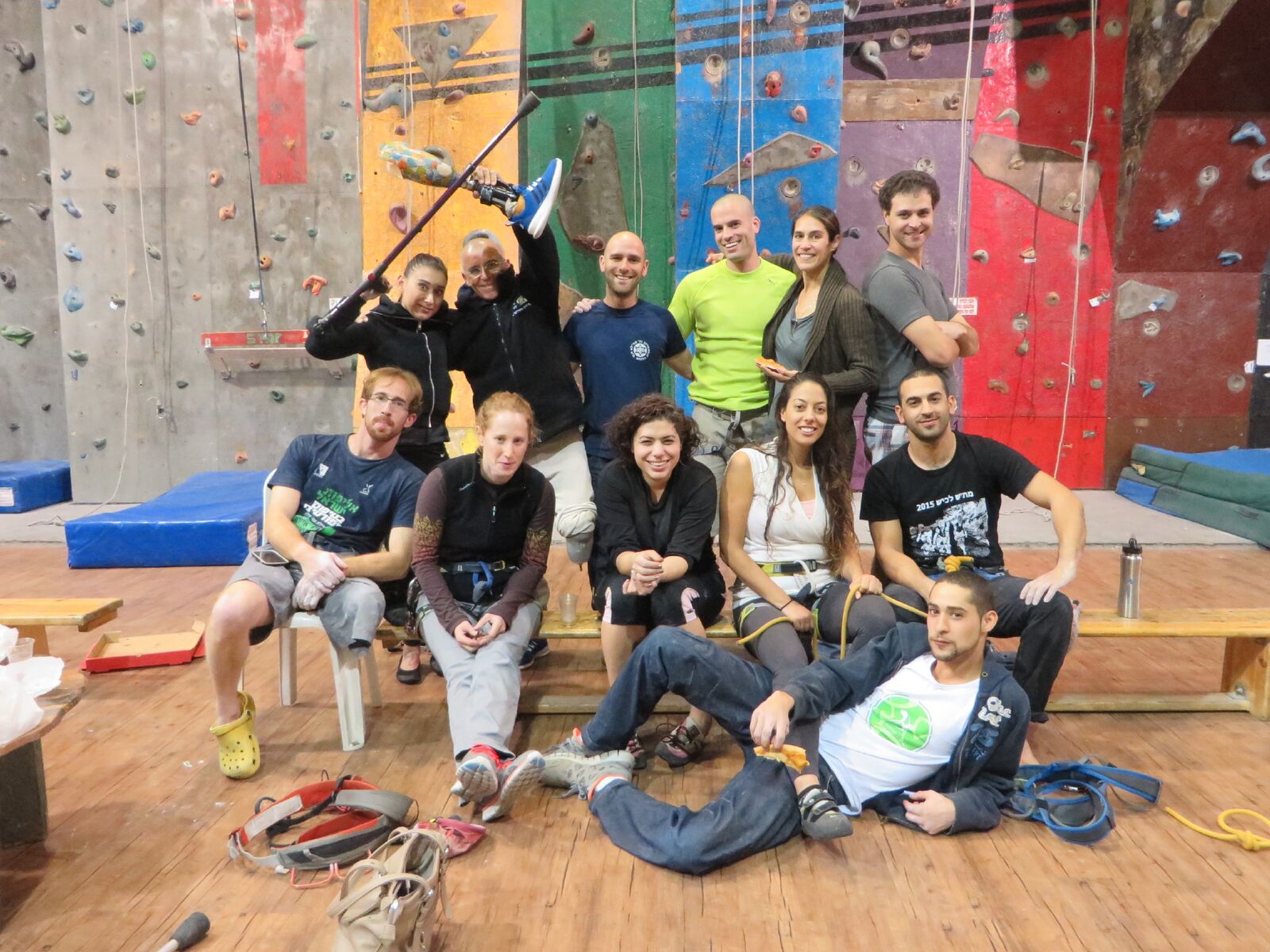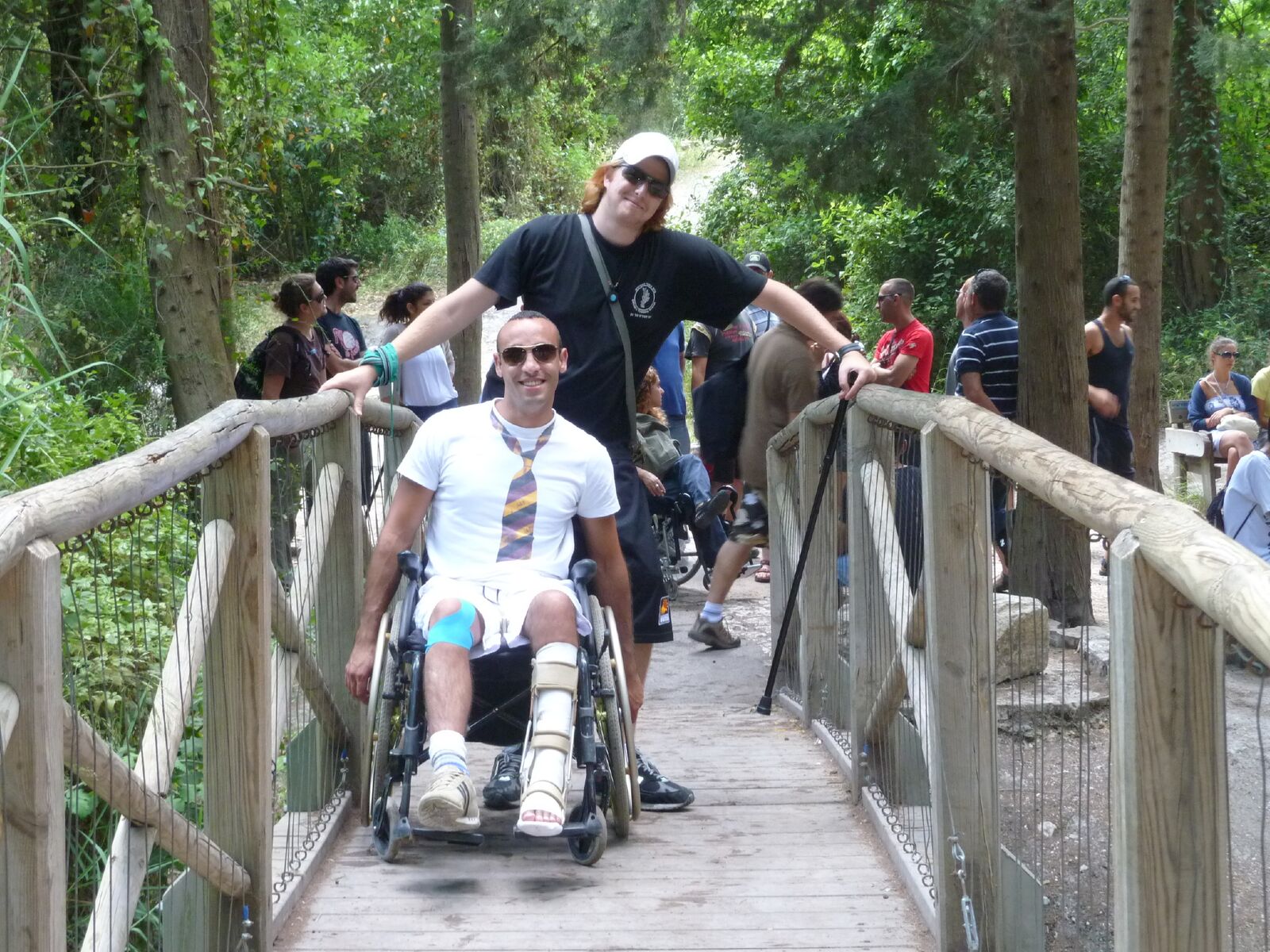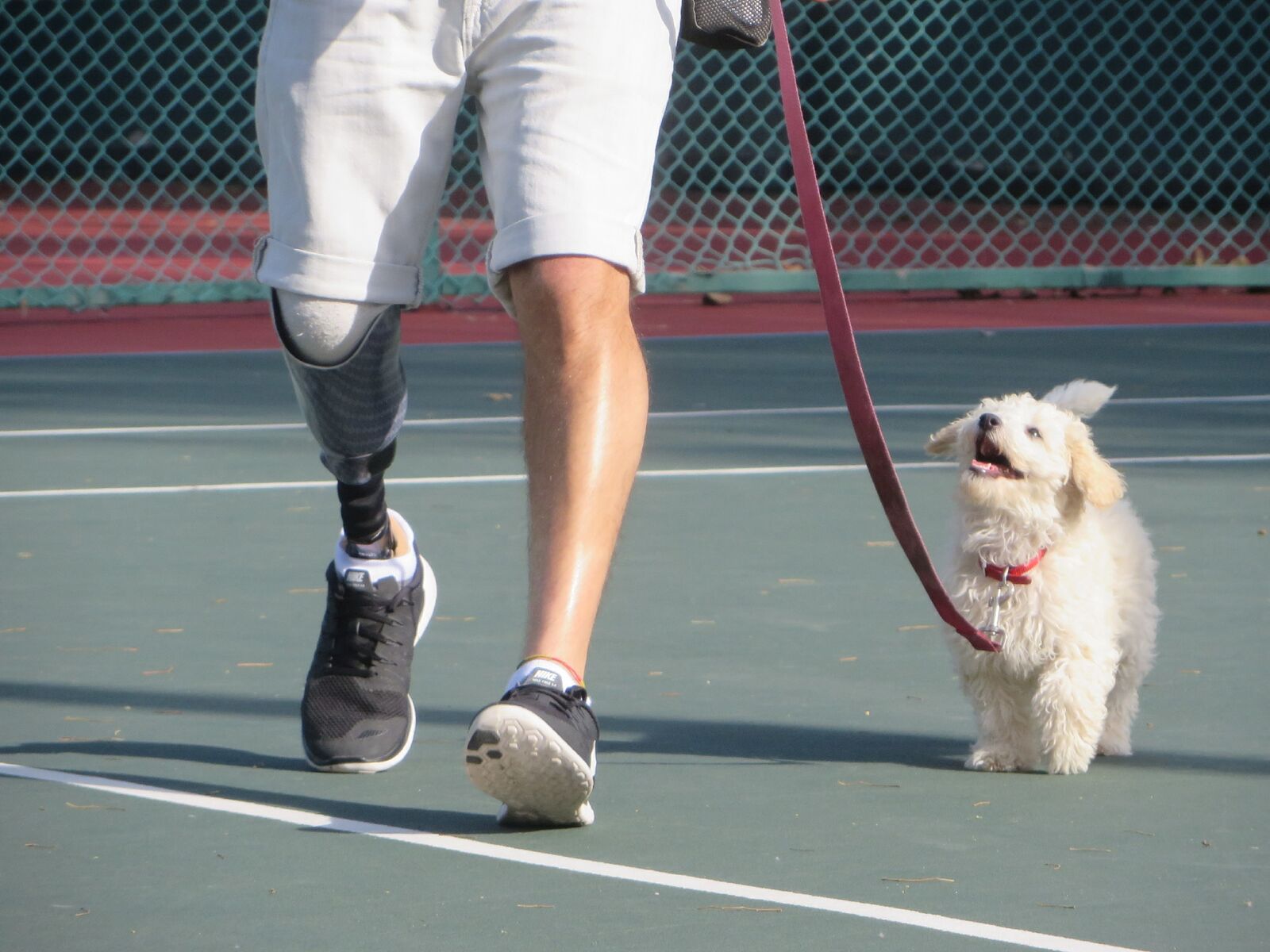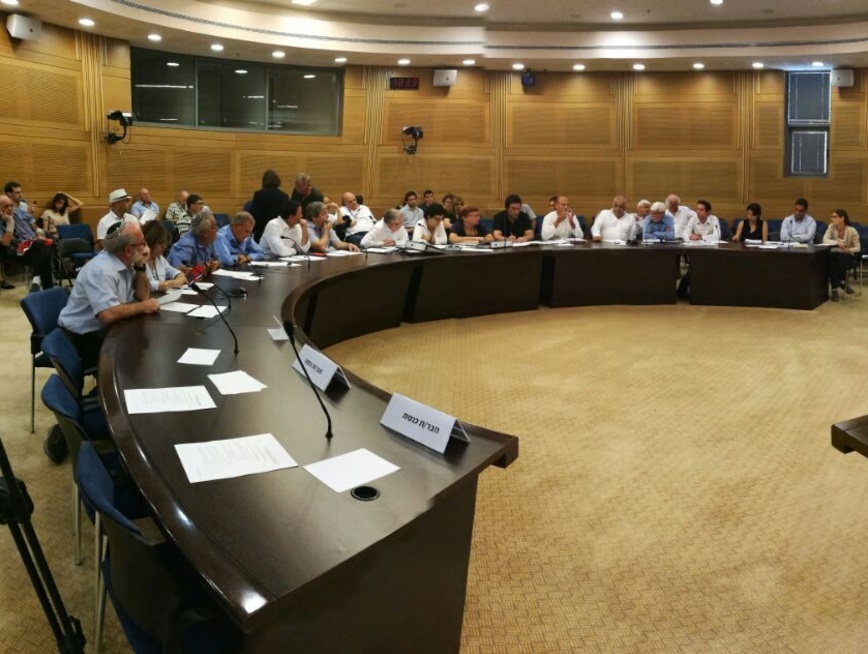NACHRICHTEN UND MEDIEN
Three unforgettable events
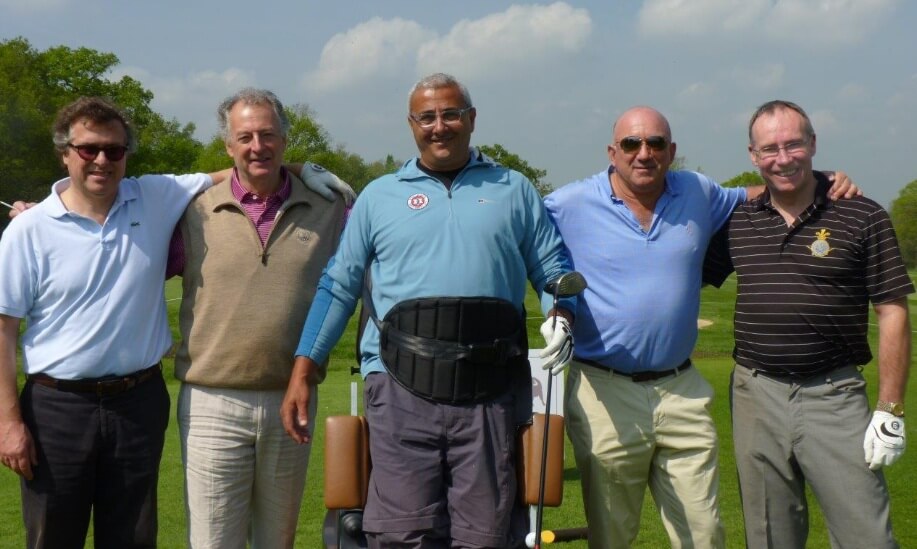
The first was a Golf Day held at Hartsbourne Golf & Country Club in aid of the charity. 80 keen golfers raised a staggering £60,000K for two special ‘Para golfer’ machines which allow disabled soldiers to play.
Posted In: 05/06/16
The first was a Golf Day held at Hartsbourne Golf & Country Club in aid of the charity. 80 keen golfers raised a staggering £60,000K for two special ‘Para golfer’ machines which allow disabled soldiers to play.
The guest of honour and fellow golfer was war veteran Shlomo Ivgy who served in the Golani Infantry Brigade. On October 16 1974 while taking part in a routine stretcher run, a stray bullet from a fellow soldier’s rifle penetrated his spinal cord leaving him a wheelchair bound paraplegic at just 18 years old.
He received rehabilitation at Tel Aviv’s Beit Halochem serving on Israel’s National Basketball Team as well as for the Beit Halochem Golf team.
Since the first Para golfer was bought by the charity three years ago, it has enabled him to play golf regularly at Caesarea’s Golf Course.
After lunch, Mr. Ivgy gave a moving speech to the crowd. ‘You think life is finished but it isn’t. Beit Halochem is like a second home, a place of hope. You get wounded but you feel there is something there for you, making your dreams come true. Whatever you want is possible.’
Andrew Brecher gave the vote of thanks to Shlomo. ‘Here in the UK we have no idea what it’s like to live with danger. Every soldier puts life and limb on the line. Without the army there would not be a state of Israel.’
The second event was at Norrice Lea Synagogue where 275 people attended a Friday Night dinner in aid of both Beit Halochem and JTag. JTag educates young people in the community to give them the tools to deal with anti-Semitism and anti-Zionism in everyday life.
The Guest Speaker was Colonel Richard Kemp who has spent most of his life fighting terrorism and insurgency, commanding British troops on the front line in Afghanistan, Iraq, the Balkans and Northern Ireland. He became a household name when he addressed the UN debate on the Gaza inquiry report defending Israel against Hamas.
He is a huge supporter of Beit Halochem having visited the center in Tel Aviv and was profoundly moved by the experience. He gave a rousing speech about fighting anti-semitism, the bias in the media against Israel and the vital work being carried out at the Beit Holochem centres.
He ended the speech by saying how honoured he was to be in the presence of two heroes, Shlomo Ivgy and First Lieutenant Ohad Roisblatt. He received a standing ovation.
It was then the turn of First Lieutenant Ohad Roisblatt to tell the packed room his story.
“My life changed forever during Operation Protective Edge in the summer of 2014. Since then I have suffered from PTSD (Post Traumatic Stress Disorder).
I had to come to terms with the fact that I saw 7 of my troops killed in front of me. I was also badly injured and came close to death. I have been lucky enough to receive ongoing care and support from Beit Halochem as have my all my family. It is not just the soldiers that suffer, it has a knock on effect for everyone.’
The final event was held at a Cinema Screening at JW3 entitled ‘The Journey Back To Life,’ directed by Maya Aidan.
The film told the story of 20 young war veterans who had their own demons to conquer after being injured in Gaza and Lebanon. A psychologist, medical team and film crew accompanied them.
‘Tiyul Shichrur’ was created by Beit Halochem to take the soldiers on a journey of discovery and acceptance to India where despite their physical and mental trauma; they managed to climb the Himalayas.
The film was both life affirming and an emotional roller coaster as the audience heard each soldier’s story as the camera followed them on each difficult step.
One soldier said, ‘ I learned to make peace with my injured body but in the end, I was glad it was me that got injured and not somebody else.’
The film began with a short talk from First Lieutenant Ohad Roisblatt’s describing his experiences during ‘Operation Protective Edge.’
It ended with Ora Seidner (Director of Project Development at Beit Halochem in Israel) who explained how the four rehabilitation centres helped the solders to start to live again despite their limitations and embrace life. “The centres act like a Mother and a Father who will never let them (the soldiers) fall. Every day the focus is on what is achievable and how far they have come.’

